SATURDAY – WEDNESDAY 9 AM – 1 PM & 5 PM – 10 PM
FRIDAY 5 PM – 10 PM
THURSDAY – Weekly Off
SATURDAY – WEDNESDAY 9 AM – 1 PM & 5 PM – 10 PM
FRIDAY 5 PM – 10 PM
THURSDAY – Weekly Off
Modern dentistry in a gentle, calm and relaxed environment.
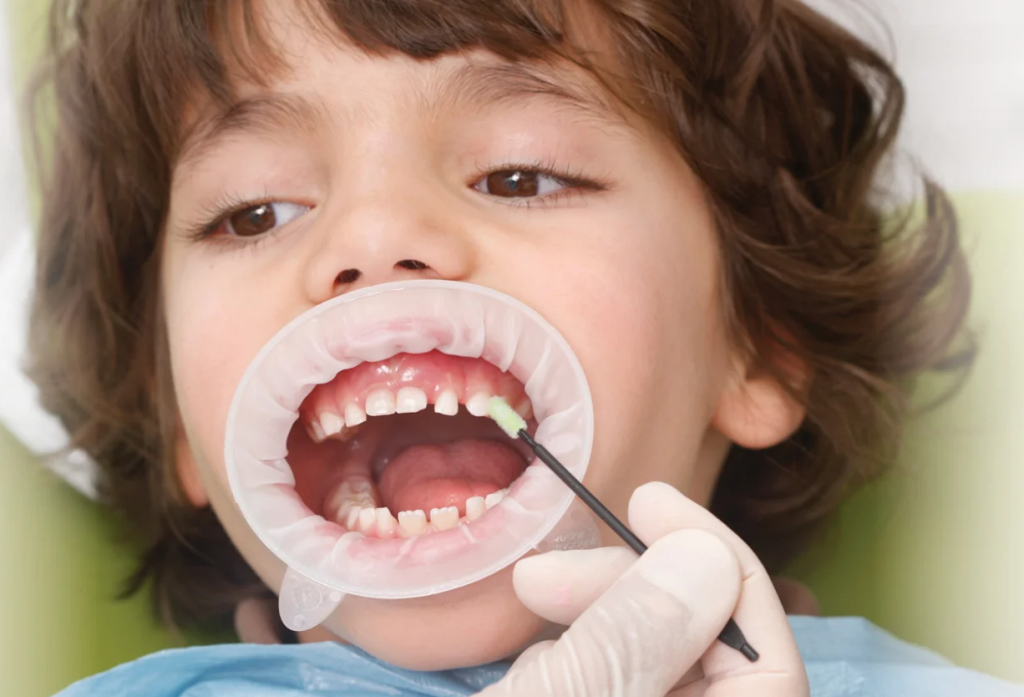
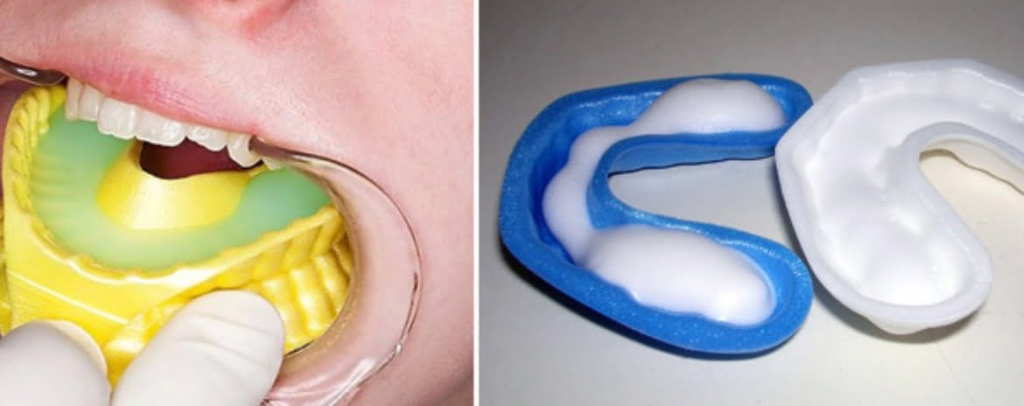
The enamel of the tooth is made up minerals, mainly fluoride, calcium and phosphate. These minerals also have a tendency to dissolve; a process called demineralization. Your teeth constantly need to replace these lost minerals caused by acid and also constant chewing and biting. This is where fluoride application can help. Remineralization strengthens teeth, prolongs a tooth’s ability to fight decay and cavities and also maintains it to the same size.
Benefits of Fluoride Application:
Fluoride Treatment helps your teeth to fight tooth decay by strengthening the surface. Introducing your teeth to a rich fluoride mixture means it can help reverse early signs of decay by Remineralization teeth of lost Minerals. Fluoride assists to reverse early signs of gum disease and those who are at risk for tooth decay.
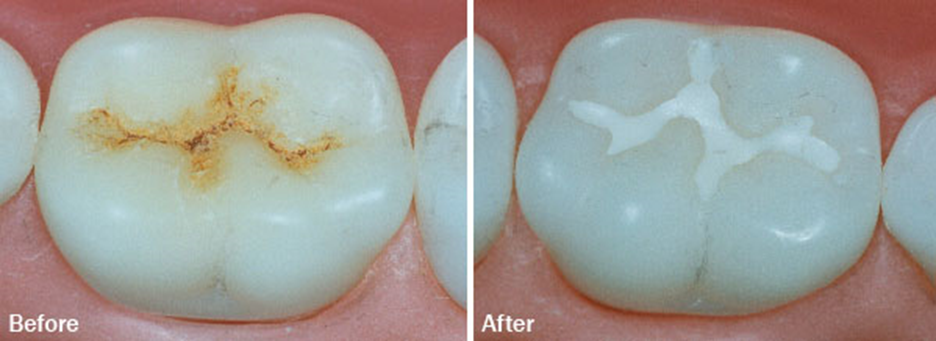
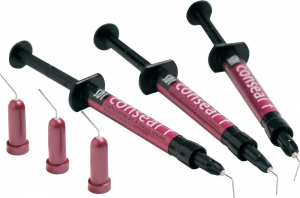
What are Pits and Fissures?
These are the teeth that have ‘pits’ (small hollows) and ‘fissures’ (grooves) on their biting surfaces of back molars allows bacteria and plaque to take refuge within it.
What is Pit and Fissure Sealant?
A sealant is a clear or opaque plastic material that is applied to the pits and fissures of teeth where decay occurs most often. The purpose of the sealant is to provide a physical barrier to occlude pits and fissures and to protect them from bacteria and food entrapment thereby preventing the development of dental decay.
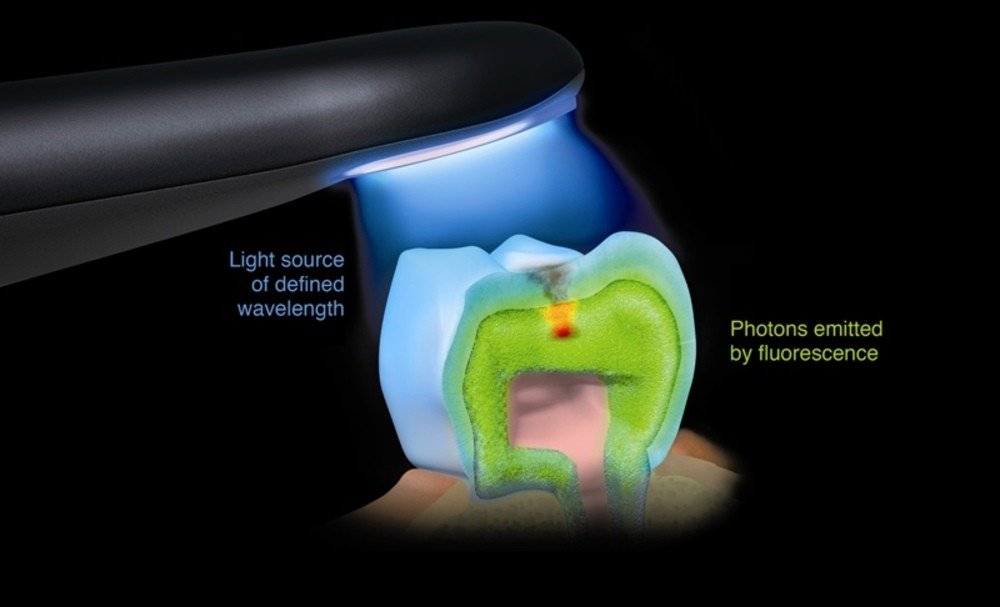
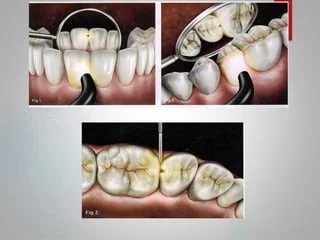
Early Dental Decay Detection eliminate the threat of decay early on. Dental X-rays and manual probing have for decades assisted dentists to help your fight tooth decay, but as time progresses, and technology improves, the Rousso Medical Center is spearheading the paradigm shift by introducing new advanced methods to improve dental decay detection. Detecting decay early means the treatment is quick and simple and will have all or most of your tooth saved from serious damage.
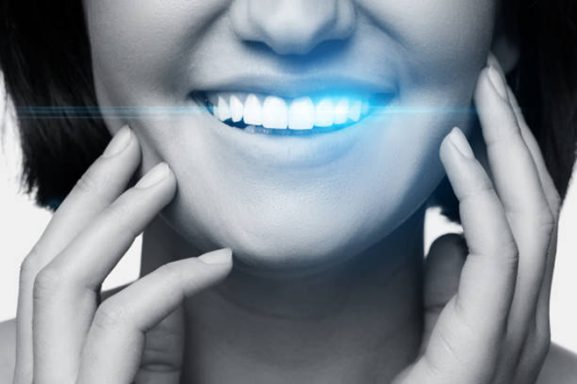
What is the meaning of professional teeth cleaning?
Teeth cleaning (also known as prophylaxis, literally a preventive treatment of a disease) is a procedure for the removal of tartar (mineralized plaque) that may develop even with careful brushing and flossing, especially in areas that are difficult to reach in routine toothbrushing.
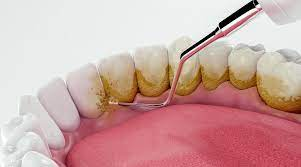
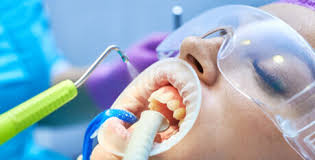
What to expect from your teeth cleaning and polishing:
Our team of family dentists are highly trained and well equipped to remove stubborn stains, plaque and tartar build up, and even leave your teeth a shade lighter than they were when you walked in to our clinic. We use the highest standards of dental tools to provide you with a comfortable and quick dental cleaning appointment with us.
Why you should consider Teeth Cleaning?
The list of benefits from professional teeth cleaning is endless, saving you time, money, and most importantly playing a role in helping to keep your natural teeth disease free. Losing a tooth for reasons like decay and or gum disease can be quite disheartening, if not a hassle. It is recommended that you visit the dentist at least twice a year to have your teeth cleaned and ensure you maintain a comprehensive oral hygiene regiment at home as well.
What is halitosis?
Halitosis is the medical term for bad breath caused by sulphur-producing bacteria in the tongue and throat.

What is the main cause of bad breath?
The most common cause of halitosis is poor oral hygiene by incorrect and irregular brushing, flossing, and routine dental exams, food remains in the mouth. This is a breeding ground for bacteria. Food that collects on the teeth, gums, and tongue may rot. This causes an unpleasant odor and taste in the mouth. There are several other conditions that can cause bad breath, including:
Dry mouth, Head and neck cancers, Gastroesophageal reflux disease (GERD), Tonsil stones, Gum disease, Infections in your nose, throat or lungs, Diabetes, Liver disease or kidney disease, Sjögren’s syndrome and Smoking.
How common is halitosis?
One research study, which combined the findings of 13 medical journal articles, found that halitosis affects about 31.8%.
What are the symptoms of halitosis?
The main halitosis symptom is a bad taste in your mouth and foul-smelling breath that doesn’t go away. The odor may be strong enough for other people to notice.
How is halitosis treated?
Halitosis treatment depends on the root cause of the issue. For example, if bad breath is due to poor oral hygiene, a dental cleaning and improved oral hygiene at home will likely help. But if halitosis is a symptom of another condition somewhere else in your body, your primary healthcare provider can help you with proper diagnosis and treatment. Occasionally, your dentist may recommend special mouth rinses to combat certain bacteria in your mouth.
Your gums are like cushions for your teeth: they surround the teeth in the jaws and help to support them. Looking after your gums is just as important as looking after your teeth. Red and swollen gums that bleed when you brush them could be a sign of gum disease, also known as gingivitis.
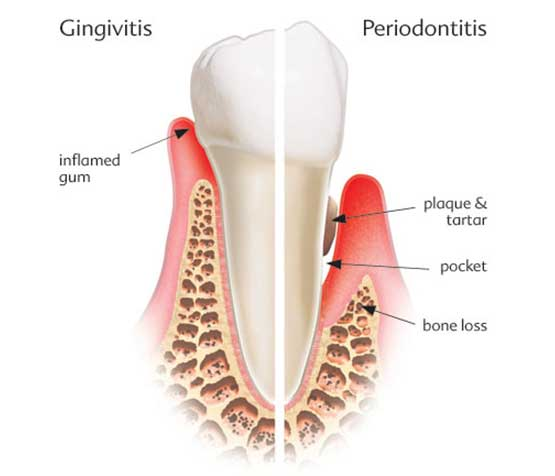
When gingivitis is left untreated it can develop further into a type of infection known as periodontitis, which affects the entire area surrounding the tooth. A result of this could be losing your tooth so it’s vital to avoid.To keep your mouth in tip-top shape we recommend you come in for regular hygiene appointments and dental check-ups.
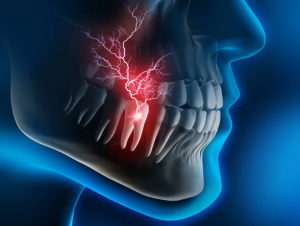
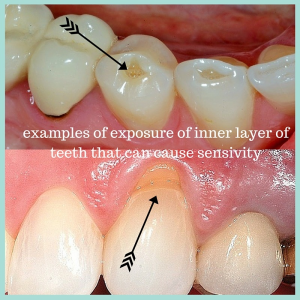
Do you feel a shooting pain in your teeth when eating or drinking something hot? Does the thought of biting into ice cream or a cold hard apple make you wince?
Sensitive teeth can be a burden for many people and can be caused by several things. One cause of sensitivity is dental erosion, which is the loss of tooth enamel. Enamel is the hard outer coating of a tooth, which protects the sensitive dentine underneath. If the enamel is worn away or eroded, this dentine is exposed which can lead to pain and sensitivity, which can be worsened with extreme temperatures.
Erosion can be caused by your diet (frequent consumption of high sugar or high acid food or drink), wrong tooth brushing habits (brushing too hard), tooth grinding, certain medical conditions and eating disorders. For top tips on protecting your enamel and for effective treatment of tooth sensitivity come to the practice for a check-up, where we can create an individualized care plan for you.
It is always important to seek advice from a dental professional so the source of the problem can be identified and treated.
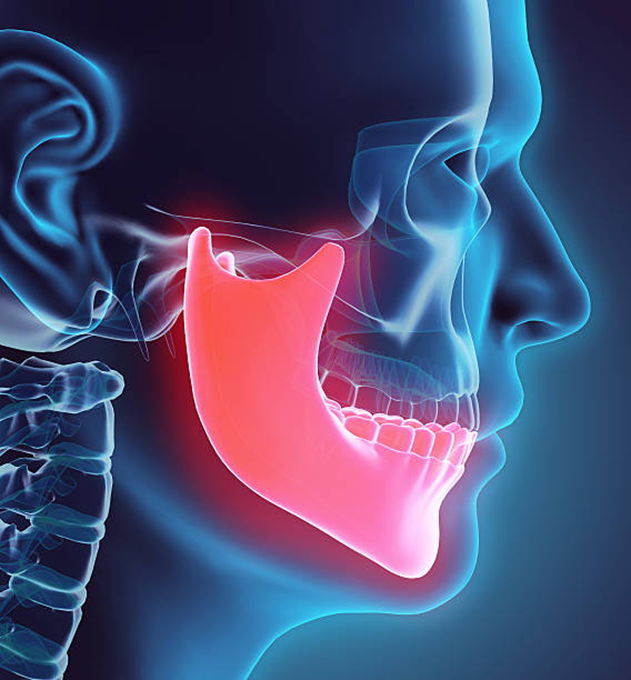
TMJ disorders develop for many reasons. You may subconsciously during times of stress or during sleep clench or grind your teeth, tightening your jaw muscles and stressing your jaw joint. You may have sustained damage to your jaw joint or muscles at the time of an accident. Whatever the cause, the results may include misalignment of the teeth, pain, clicking or grating noises when you open your mouth or eat. It is possible to have a TMJ disorder for a long time without realizing it. This is because some of the symptoms, such as headaches, may seem unrelated to your jaw joints and muscles.
Symptoms in TMJ problem
From biting, talking and swallowing, to chewing and yawning, your jaw joints come into play. Therefore, when something goes wrong with your jaw joints, it can cause you a great deal of discomfort. With appropriate treatment from us, most people find relief from the pain and other symptoms of a TMJ disorder.
A thorough dental and medical history and evaluation by us will help to pinpoint the cause of your TMJ disorder. Diagnosis is always the first step in planning a personalized treatment programme.
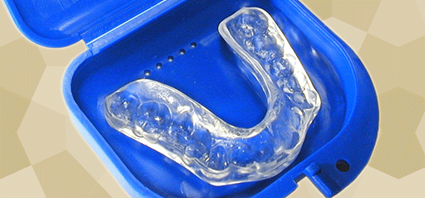
Management of TMJ Disorder:
Physical Therapy
Occlusal Splint (night guard appliance)
Bite Correction
Surgery

Pregnancy can be an exciting time and while you have so much to plan for, your oral health may be one of the last things you’re thinking about. But it’s more important than ever to pay close attention to your dental health in this time.
That’s because hormone changes during pregnancy can affect your oral health and many pregnant women notice that their gums are red, inflamed and sometimes bleed when they brush their teeth.
The swelling and inflamed gums are referred to as ‘pregnancy gingivitis‘ and can start as soon as the second month of pregnancy. The hormone progesterone can be around 10 times higher than normal during pregnancy, affecting the body’s response to toxins as a result of plaque build-up. Women are therefore more susceptible to developing periodontal disease when these hormonal fluctuations occur.
Some women also experience a growth on their gums known as a “pregnancy granuloma” which are red nodules, usually found on the upper gums. While they are not dangerous, they can cause discomfort.
Other oral health problems may include tooth erosion as a result of constant exposure to acid from severe morning sickness .Dry mouth is another major complaint, but can be easily remedied by drinking plenty of water and using sugarless candies to stimulate saliva flow. If you are pregnant, we recommend that you come to the practice for a, thorough check up so we can help you to have a healthy and happy pregnancy.
Why Is It Important for Women to Take Care of Their Oral Health During Their Pregnancy?
That’s because decreased immune response, hormonal fluctuations of estrogens and progesterone and changes in normal oral flora during pregnancy can affect your oral health and many pregnant women notice that their gums are red, inflamed and sometimes bleed when they brush their teeth. Studies have shown that the role of elevated levels of inflammatory markers (i.e., interleukin 6, interleukin 8 and PGE2) has been found in the amniotic fluid of child bearing women having periodontal conditions, which is considered to be associated with premature labor and low birth weight.
Common dental problems during pregnancy and management:
1.Dental caries:
Pregnant women are more prone to tooth decay due to upturn in the acidic environment of oral cavity, increased consumption of sugary diet and carelessness toward oral health. Recurrent vomiting becomes common in pregnancy that enhances acidic environment leading to progress of carious pathogens and an increased demineralization making teeth prone to caries.
It is advisable for pregnant women to limit sugary diet, brush regularly with fluoridated tooth paste and use over the counter fluoridated mouth rinses to counteract the effect of demineralization due to vomiting.
2.Periodontal disease:
The swelling and inflamed gums are referred to as ‘pregnancy gingivitis’ and can start as soon as the second month of pregnancy. The hormone progesterone can be around 10 times higher than normal during pregnancy, affecting the body’s response to toxins as a result of plaque build-up. Women are therefore more susceptible to developing periodontal disease when these hormonal fluctuations occur.
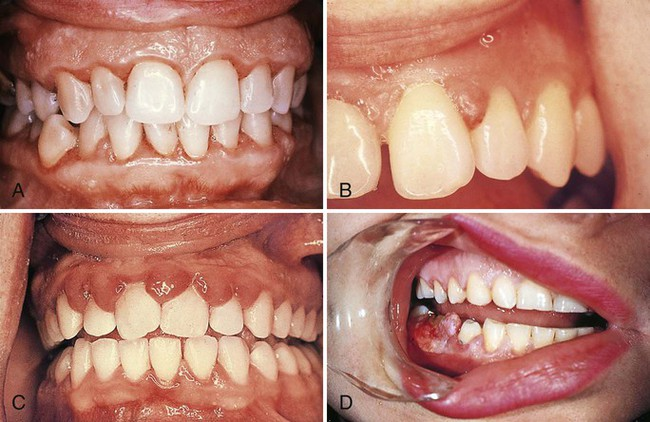
Some women also experience a growth on their gums known as a “pregnancy granuloma” which are red nodules, usually found on the upper gums. While they are not dangerous, they can cause discomfort.
Recent evidence clearly demonstrates that scaling and root planning is considered safe during pregnancy and improves both maternal and neonatal health.
3.Tooth mobility:
Due to hormonal rush mineral changes in lamina dura and disturbance in the periodontal ligament attachment, affect mobility of teeth leading to periodontal diseases.
This condition can be made reversible if given therapeutic doses of vitamin C along with removal of local gingival irritants.
4.Tooth erosion:
Tooth erosion, another unwanted dental problem is considered to be caused by pregnancy induced vomiting as a result of constant exposure to acid from severe morning sickness.
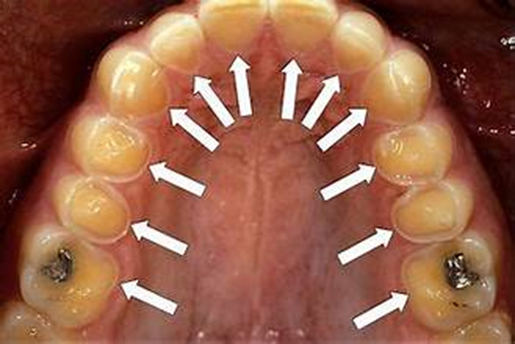
It is understood that dental erosion can be effectively controlled with the use of a solution containing sodium bicarbonate that neutralizes the acid and prevents damages. It is advised to consult patient’s physician and gastroenterologist to control the related medical conditions.
Suitable timings and dental management
To preserve and promote oral health; scaling, polishing and root planning are recommended at any stage of pregnancy. However, it is strictly advised to perform general dentistry procedures (i.e., routine restorations, endodontic therapy and elective extractions) after fetal organogenesis has taken place (i.e., in second and third trimester). Extensive and prolonged dental procedures should be postponed till after delivery. All treatment modalities should focus on the prevention of oral diseases, regular monitoring and management of present disease. The dental examination and treatment cause no harm to the fetus (during second and third trimester) in contrast to that if left untreated, e.g., dental decay may cause infant caries at a later stage. Similarly other procedures such as diagnosis, periodontal, treatment, restorations and extractions are of no harm and are recommended to be performed during the middle trimester as organogenesis is complete by then.
Dental chair positioning and pregnancy:
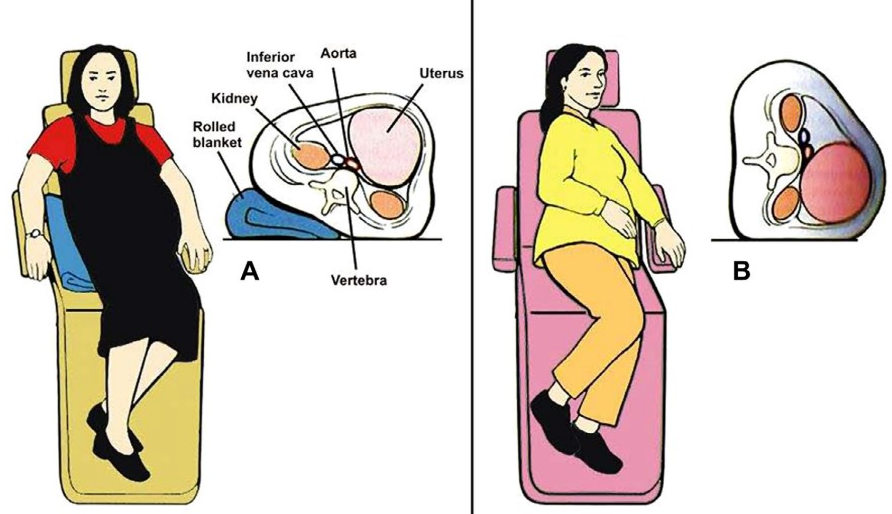
Oral and dental health management guidelines and advice during pregnancy:
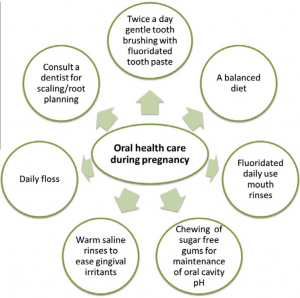
Pregnancy should not be considered as an absolute reason to defer required dental care. So female patients of childbearing age or expecting females should be screened for caries and oral diseases for timely management.
If you are pregnant, we recommend that you come to the practice for a, thorough check up so we can help you to have a healthy and happy pregnancy.
In the case of an emergency visit, make sure your dentist knows you are pregnant.
Don’t miss our future updates! Get Subscribed Today!